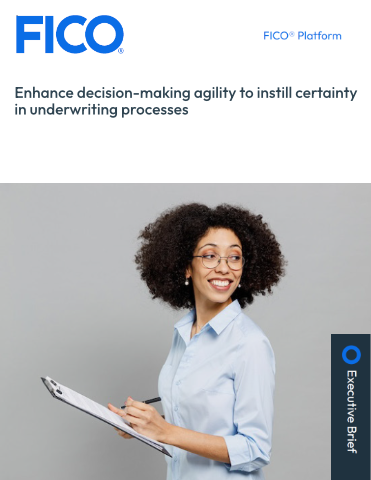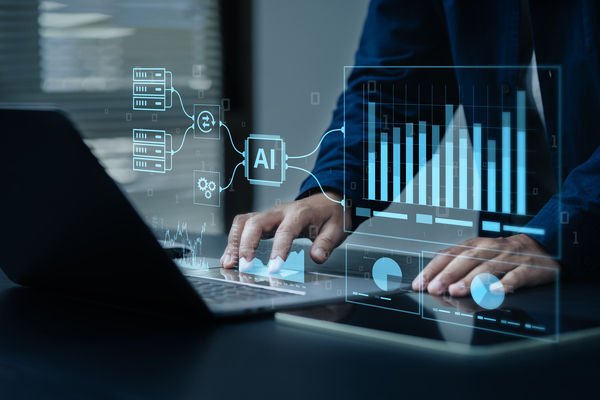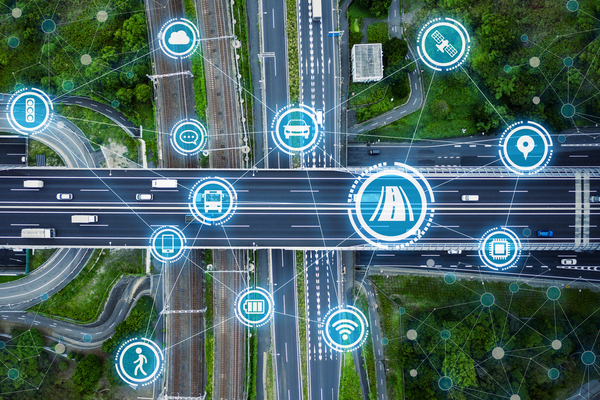Migration to the future: modernising life insurance legacy systems
Sponsored by CapgeminiAs the insurance industry evolves and digital transformation accelerates, insurers are increasingly recognising that outdated legacy systems are hindering progress far more than they had anticipated

Legacy systems are a major hurdle in the journey of life insurers. Ignoring them can lead to large, avoidable costs. According to Capgemini’s World Life Insurance Report 2025, 52 per cent of internal challenges come from these outdated systems. The first step towards overcoming this is conducting a thorough analysis and using the latest technologies to modernise legacy systems. Once these are addressed, the road to the future is wide open.
Embracing generative AI
It’s hard not to notice that generative AI has become a major focus in every sector. One of its most powerful applications is in accelerating legacy system modernisation. Generative AI can identify optimal migration paths, extract and integrate legacy platform data, automate code testing and predict implementation challenges.
Cultivating a data-driven, AI-first culture makes it possible to build smart new personalised customer journeys that show long-term commitment. By seamlessly integrating AI-enhanced human interactions with operational efficiency, forward-thinking insurers can tackle today’s challenges head-on and emerge as the leaders of tomorrow’s industry.
Read more in Capgemini’s World Life Insurance Report 2025 here.
Accelerating closed-block migration
What about closed blocks – policies that are no longer offered to customers? Can the latest technology support their migration as well?
Servicing legacy life insurance systems is costly and time-consuming. Such systems store countless policies, some dating back decades or more. Built on outdated, often forgotten systems and long strings of code, they slow down operations and waste valuable resources.
Here too, AI may lead the way in transforming these systems. AI can analyse code quickly and accurately, reverse-engineer it and streamline the process by migrating policies to modern programming languages. In fact, AI can accelerate the migration process by 20 to 40 per cent. Case studies of early adopters even show automation levels reaching 60 to 90 per cent.
Read more in Capgemini’s article here.
Building the future of life insurance
Modernising legacy systems is essential for life insurers, but what comes next? Building strong foundations for new policies is essential to fully thrive. Right now, Capgemini observes a great wealth transfer, where the next generation – with completely different priorities and expectations – becomes the new customer base for life insurance organisations. This presents a valuable opportunity for insurers ready to take their estate’s modernisation to the next level.
Achieving this involves a focus on customer-centricity, innovative technologies and new products such as longevity insurance, designed to cover long-term health and care costs in later life. Generative AI also plays a key role here, helping monitor existing customers, products and market opportunities while analysing feedback to craft new offers that resonate with the next generation.
Read more in Capgemini’s article here.
Transitioning from legacy systems to the future of life insurance requires a clear strategy and the right resources. It may take time, but the results are worth it. This process empowers insurers to step into a digital, customer-friendly future with streamlined code that allows for easier updates and avoids the challenges posed by outdated legacy systems.

Business Reporter Team
Most Viewed
Winston House, 3rd Floor, Units 306-309, 2-4 Dollis Park, London, N3 1HF
23-29 Hendon Lane, London, N3 1RT
020 8349 4363
© 2025, Lyonsdown Limited. Business Reporter® is a registered trademark of Lyonsdown Ltd. VAT registration number: 830519543





